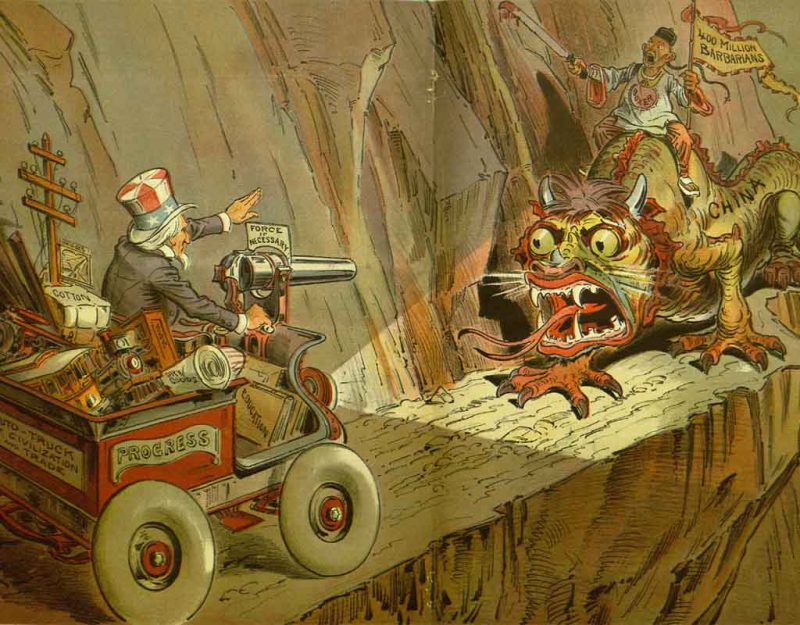How Wall Street Captured Washington
One thing modern people seem incapable of realizing: we do not live in capitalism; we live in a government-commanded economy.
Every time government makes a subsidy like the “Green New Deal,” writes a regulation, imposes a court decision, or provides a tax deduction, it has “created” jobs to implement those things and a profit center for the companies that proivde those services or must adapt to the new rules.
The libertarians point to the Fed as the source of all of this, but really it is a small part. A government can exert control through propaganda, force, or economic force. The Fed was just one of our early experiments in strong federal power and is dwarfed by what the administrative agencies do.
Nonetheless we are able to use the Fed as an example of government-controlled economy not much different from the centralized command economies of Communist societies:
“The market likes her as she’s predictable and will work with the Fed to keep the game going,” offered Thomas Thornton of Hedge Fund Telemetry, referring to the extremely accommodative stance that her successor at the Fed, Jay Powell, has taken to markets throughout his tenure and ramped up during the pandemic.
“We had low rates because she was slow and cautious to raise them further,” mused one macro trader. “Now we’re back to an almost zero-rate environment and she can borrow cheaply to pay for this bailout package. Her fingerprints are already all over this, why not let her manage it?”
This becomes complicated because government now regulates private industry directly, determining what is successful and what is not, which ironically causes a symbiotic bond between industry and government in which government needs Wall Street in order to keep its cycle of taxation, welfare, and consumerism intact:
The company’s new assignment is a much bigger version of one it took on after the 2008 financial crisis, when the Federal Reserve enlisted it to dispose of toxic mortgage securities from Bear Stearns & Co. and American International Group Inc.
BlackRock itself runs ETFs under the iShares brand, and could end up buying funds it manages. There are rules in place to avoid conflicts of interest—for example, it won’t charge the Fed management fees on ETF shares. “BlackRock is acting as a fiduciary to the Federal Reserve Bank of New York,” says a spokesman for the company. “As such, BlackRock will execute this mandate at the sole discretion of the bank, and in accordance with their detailed investment guidelines.”
That in turn becomes doubly complicated when government action, such as the Trump policy of conscious decoupling from China, causes industry to want to intervene in politics because it loses a major source of anticipated revenue:
BlackRock Inc. (BLK), the world’s largest asset manager, is facing major challenges these days just as the company is grappling with slowing growth. BlackRock must redirect billions of dollars worth of investments to comply with U.S. government sanctions against Chinese companies with military connections. As a result, BlackRock funds have to divest the blacklisted companies or risk losing U.S. investors who are no longer allowed to purchase shares of funds holding these companies.
The more government commands the economy, the more tightly industry enmeshes with government and even worse, with insurance. At some point, this partnership will choose to adopt insurance as its model in order to avoid risk, which leads to an all-encompassing social welfare system of the socialist type.
Tags: blackrock, china, command economy, socialism, the fed










